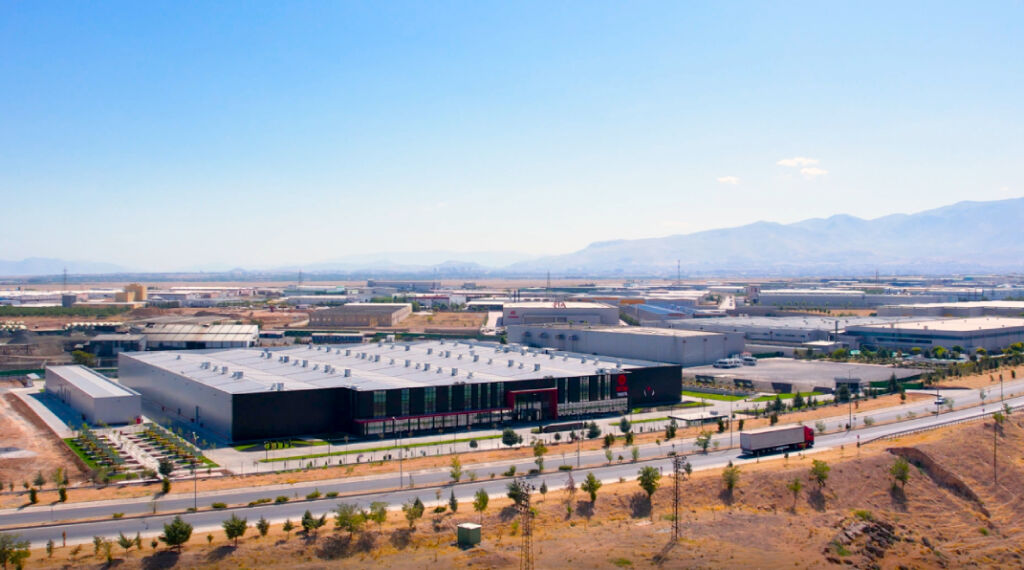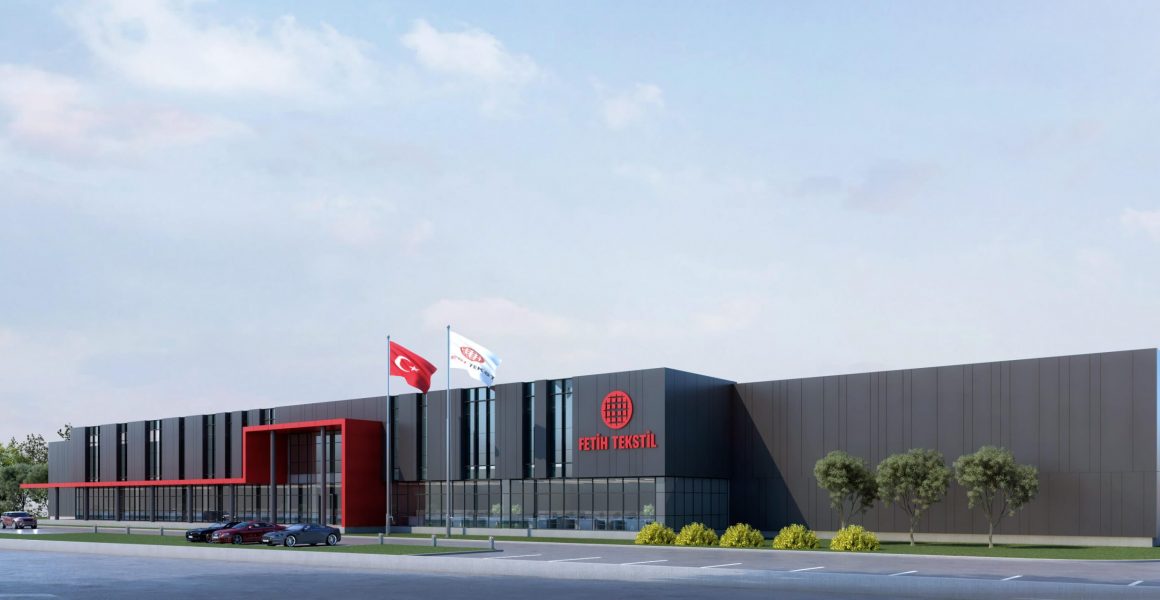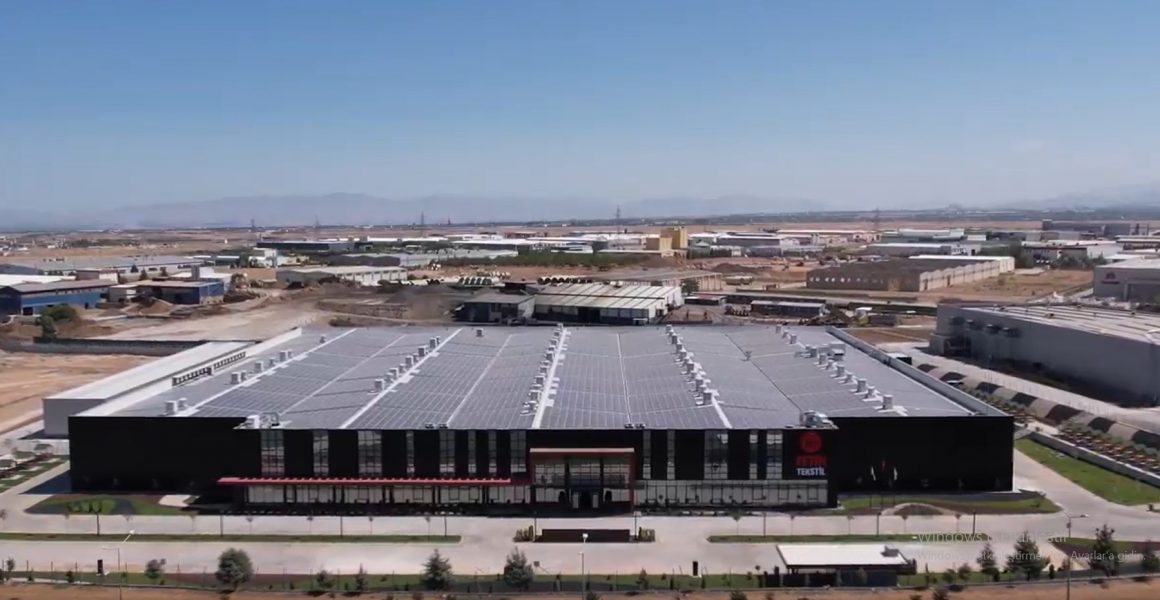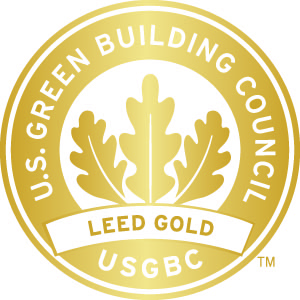The Fetih Textile Project, which has received GOLD certification in the LEED v4 BD+C New Construction category, is located in the Malatya Yeşilyurt Organized Industrial Zone. This project aims to implement sustainability goals as a natural result of being a global brand, while also embodying the desire to leave a better world for future generations, guided by a sense of responsibility and leadership.
From the design phase onward, discussions with stakeholders focused on developing and meticulously applying optimal solutions for environmental sustainability. The project has created landscaping and open spaces that are compatible with the region’s planting and prioritize biodiversity, providing areas for users to socialize. Additionally, a hobby garden has been established for edible plant production, offering social activity and benefits to employees. Light-colored surface materials have been chosen to mitigate the urban heat island effect. Limited parking spaces and electric vehicle charging stations have been installed to reduce individual vehicle use, which supports the goal of lowering carbon emissions, complemented by available service options.
Rainwater falling on the project site is collected to establish an alternative water source. This practice reduces the building’s consumption of municipal water and achieves over 60% water savings.
Photovoltaic panels installed on the roof provide a substantial portion of the project’s energy needs. Furthermore, efficient selection of mechanical and electrical systems, along with optimized thermal performance of the building envelope, has resulted in energy savings of over 75%. Systems that produce water and energy are continuously monitored, allowing for quick intervention in case of potential malfunctions.
The use of recycled materials is aimed at reducing resource consumption and increasing environmental awareness. Waste generated during the construction process has been effectively managed and recycled. A waste management plan has been established to contribute to recycling processes in the operational phase.
Healthy indoor environments have been created with mechanical fresh air systems and materials containing low volatile organic compounds. The ability to control light levels and the selection of fixtures that prevent glare play a significant role in enhancing indoor comfort.



